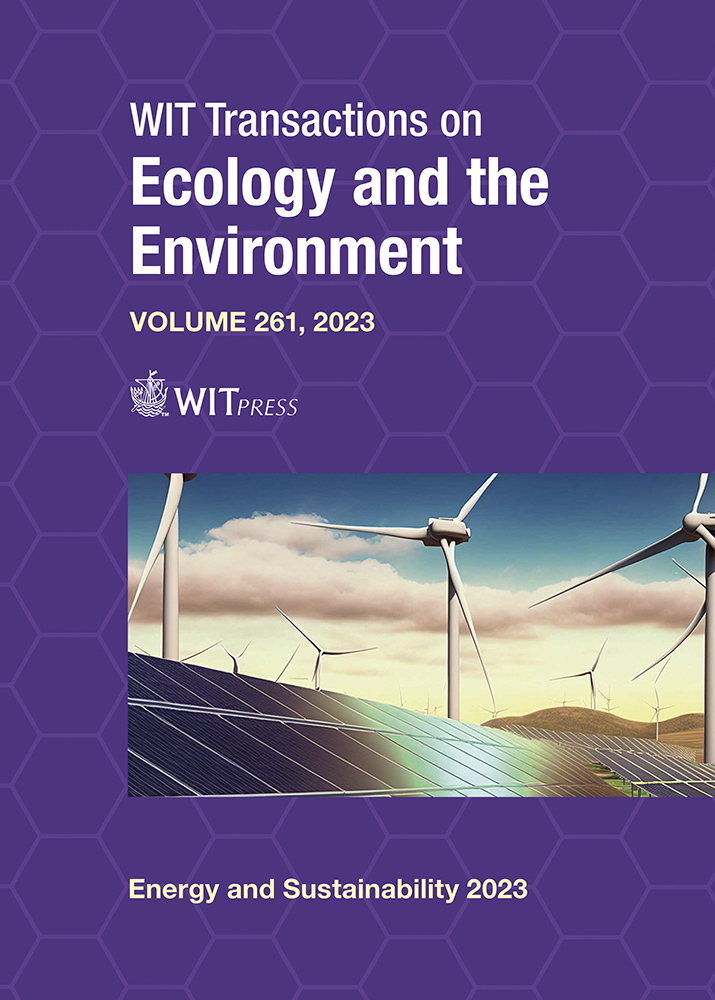NEW STRATEGY TO SUPPORT COMPANIES IN THE UPTAKE OF AUDIT MEASURES: THE AUDIT2MEASURE PROJECT
Price
Free (open access)
Transaction
Volume
261
Pages
7
Page Range
207 - 213
Published
2023
Paper DOI
10.2495/ESUS230171
Copyright
Author(s)
SIMONE MAGGIORE, ANNA REALINI, GIULIA BELLINI, STEFANO MOSCARELLI
Abstract
Industry is a key player in energy consumption and economic impact in the European Union and energy audits represent an important tool to improve energy efficiency in the sector; despite both the spread of energy audits and the knowledge of their benefits, the actual implementation rate of the Energy Savings Measures proposed by energy audits is relatively low. The main aim of the AUDIT2MEASURE (leading business towards climate neutrality by speeding up the uptake of energy efficiency measures from the energy audits) project is to support companies in the uptake of audit measures necessary to reduce the energy consumption supporting their energy transition. AUDIT2MEASURE will develop and implement a new engagement strategy (called ‘Audit2Action’) to put into action the opportunities emerging from energy audits. To this aim, in the first part of the project, barriers to the adoption of energy saving measures will be identified and subsequently solutions to overcome such barriers will be developed by understanding decision-making processes in companies and the position of energy efficiency in them; after that, the project will develop a capacity building program to motivate the professionals of the involved companies to increase their capacity to implement the energy audit outcomes. Finally, the project will assist a series of engaged companies to implement selected measures in the field to test the results of the ‘Audit2Action’ strategy. A knowledge exchange space will be created to ensure sustainability, replication and exploitation of results also after the end of the project. AUDIT2MEASURE is characterised by its approach to result in action, thereby both developing a new methodology for adoption of energy audits and applying this to improve energy efficiency in the European industrial sector. This paper will describe the ‘Audit2Action’ strategy and present the first result of stakeholder engagement using such a methodology.
Keywords
energy efficiency, energy audit, energy saving measures





